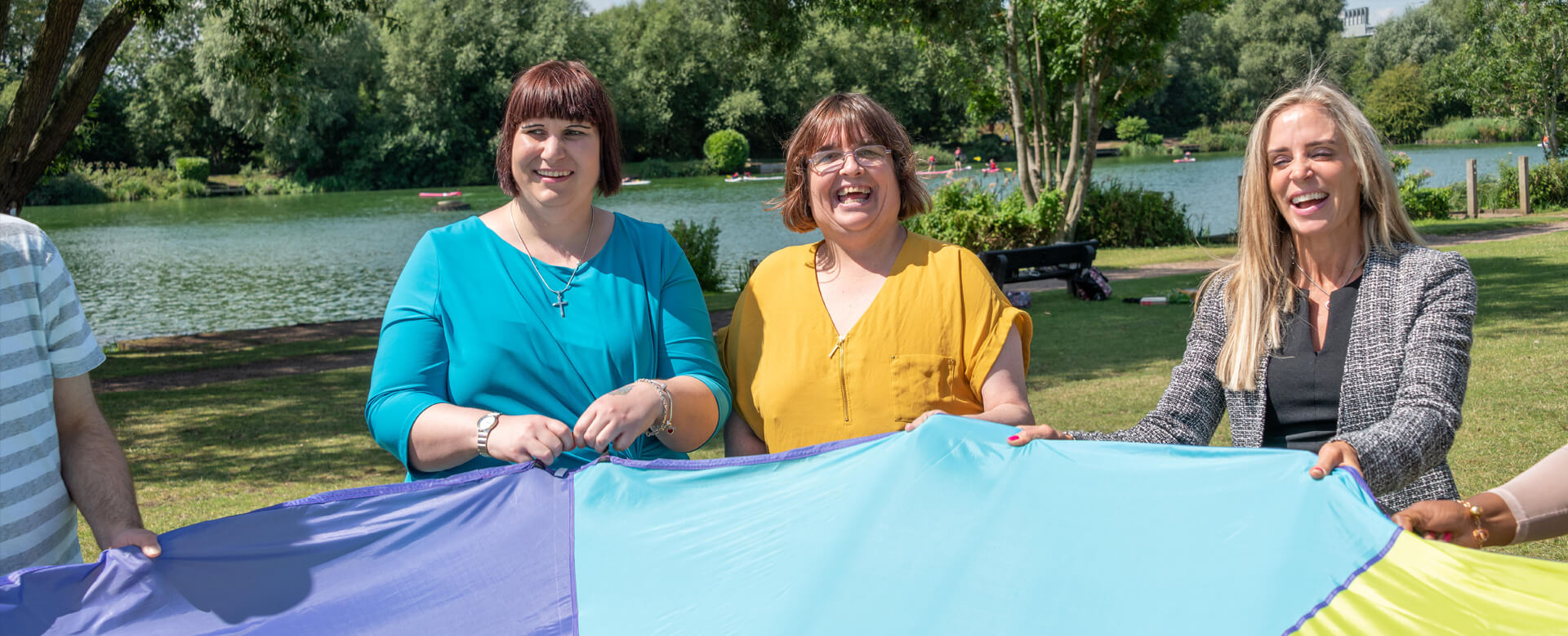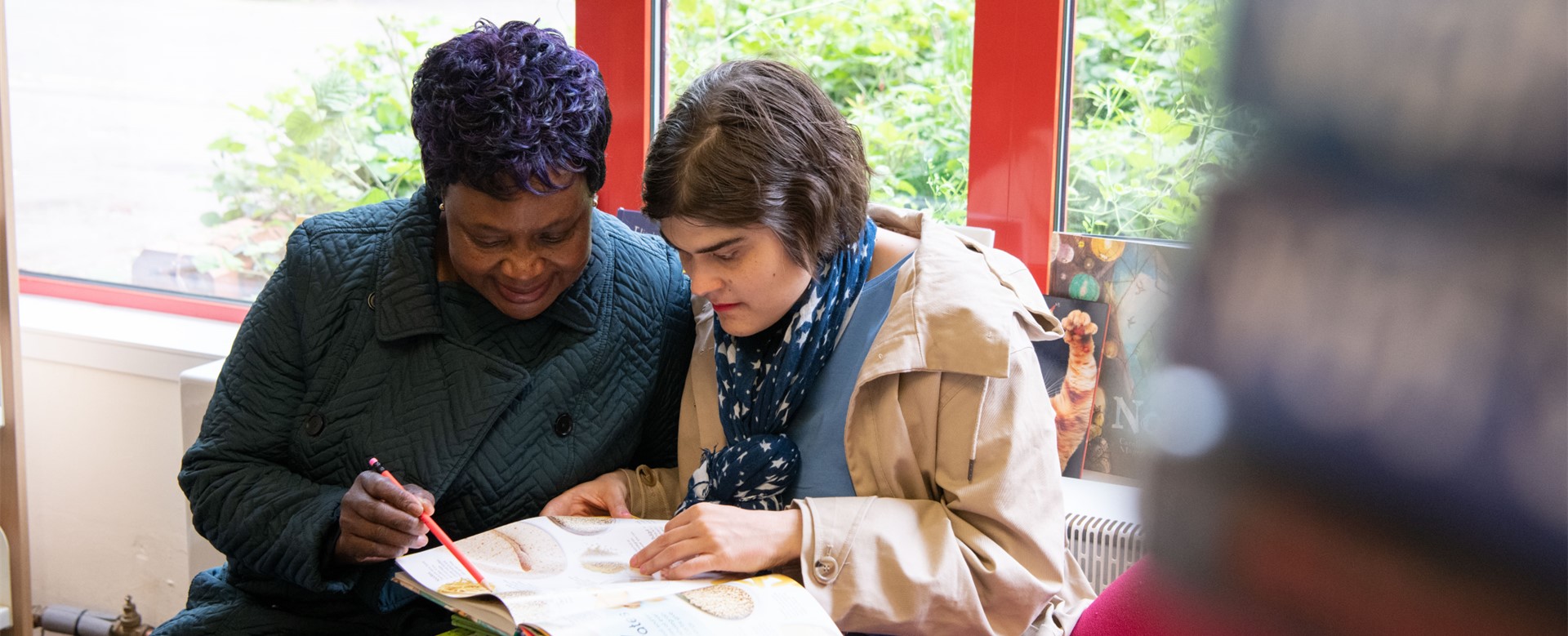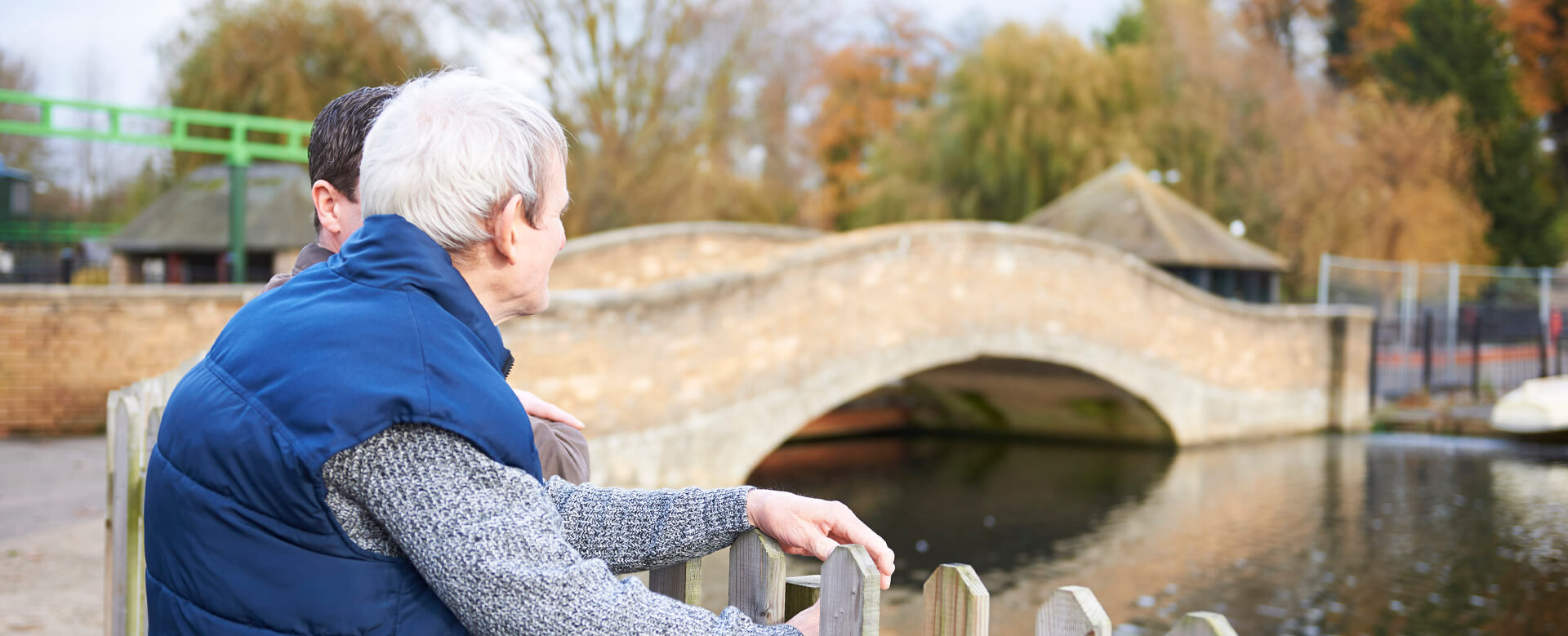We work with individuals, families, and other professionals to quickly and strategically develop structured, custom transition plans. We understand and highlight that change, especially for those with autism and/ or complex needs, can be very difficult to process and manage, so we ensure that our transition team is in place to support you every step of the way.
Transition can take places for a variety of reasons; our highly developed transition teams have successfully supported people with even the most complex needs and challenging histories from various settings including hospitals and residential homes into their own homes and communities, enabling them to have greater choice and control over their lives. Our key to successful transition; being prepared and getting things right from the start.
Our extensive experience and success in transitioning and moving clients has meant that we have been asked to be part of case studies highlighting our processes supporting people already in adult social care and those that are beginning their journey into adult social care- taking the next steps towards gaining a more developed sense of life’s possibilities and their independence.
Process
Next Steps transition plans are divided into four clear stages. Over the course of your transition, our main aim and objective is to provide you with the support and continuity that you need to minimise any disruptive impact the transition may have on your life. We want to get to know you as best we can and let you lead us so that we know exactly how to make things the very best that we can for you.
We will accomplish this by:

Ensuring that we have open communication with you and your circle of support during the transition process.

We value partnership, and we work with you, your circle of support and professionals throughout the process.

Every step in the transition process is designed around you, from your assessment to choosing your ideal home.

Working with you and your circle of support to identify and establish your needs and aspirations.
Stage 1 – Assessment
To begin the transition process, we will undertake an initial assessment, during this we will start to get to know each other, and we begin to understand your needs, hopes and dreams alongside how you want to be supported. Our objective is to get to know you, find out about the important people and things in your life and begin to understand more about your history, current support, and your routines. We would like to meet you, your family and the people who are currently supporting you such as your support workers and social worker. We have a ‘Client Guide’ booklet that we will give to you which helps to introduce Next Steps to you and gives you information on what you can expect from us.
Stage 2 – Plan
We will arrange transition planning meetings with you and your support teams and formulate a detailed transition plan together. The plan will document everything that is required to happen and set out who’s responsibility it is to make sure things happen so that moving to your new home is a smooth process with the least disruption possible to you.
The plan will look at your:
- Strengths
- Interests
- Likes and dislikes
- Preferred communication methods
- Schedules and guidelines
- Social stories
- Timetables
- Use of visual calendars
- Transport options
- Finances
From this information we will begin to develop a much clearer picture of what other tasks need to be completed such as ordering furniture or decorating you room. We will arrange visits to suitable properties so that you can see them and give us your feedback on which you like. We will set a move in date and arrange for any visits to the property to meet future housemates or your new staff.
Stage 3 – Implement
The pace of your transition will be set by you and your needs, transitions can take anywhere from a few weeks to months. The main concern is that we do things in a way that is best suited to you. We will ensure that a timescale is mapped to all items that are on the plan and that each item is completed prior to your move in day.
This might include things like:
- Purchasing furniture and kitchen equipment
- Setting up your utilities
- Organising household finances
- Meeting new housemates socially and beginning to develop relationships with them
- Organising benefits or benefit applications
- Finding, registering, or updating your information with a local GP, dentist, and optician.
Staff will make visits to your current provider, home or place of education and begin to build relationships with you. This is important as it gives your new staff the opportunity to meet you and see how you like your support to be facilitated- it also gives you the opportunity to meet your new staff and begin interacting with them!
Stage 4 – Review
Throughout your transition, we will hold regular review meetings with you, and everyone involved in your care and support. We will discuss how the transition plan is progressing and identify any actions that are needed for improvement if things are not working so well.





